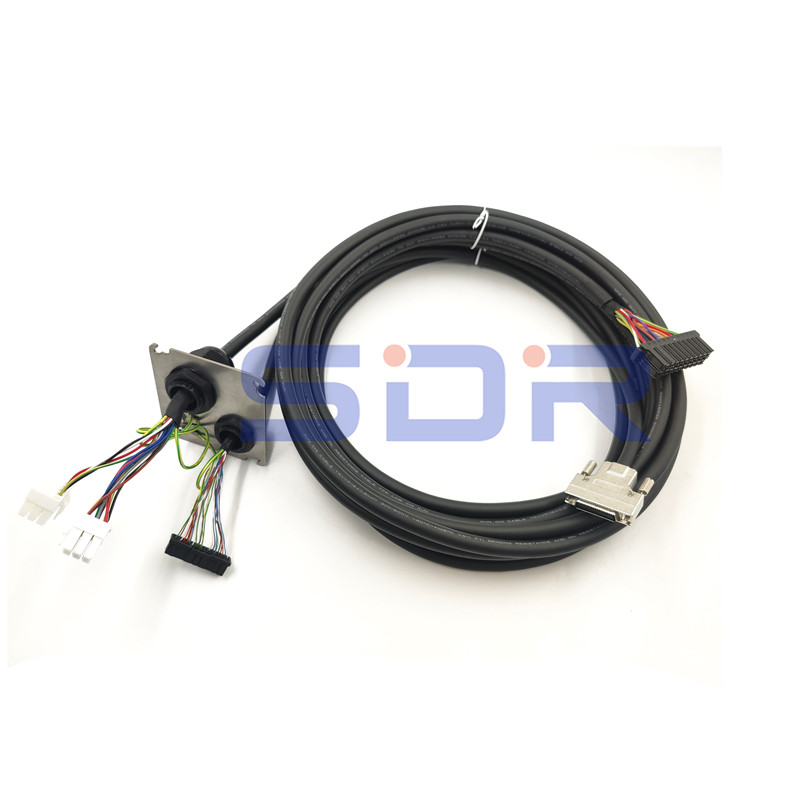Industrial power cords and Encoder Cables are two essential components of many industrial systems. Power cords are used to provide electrical power to various equipment and devices in an industrial setting, while Encoder Cables are used to transmit signals from encoders, which are devices that convert mechanical motion into electrical signals.

Industrial power cords:
Industrial power cords are designed to meet the high demands of industrial environments. They come in various lengths, sizes, and configurations to fit an extensive range of equipment and applications. The cords are made from durable materials that can withstand extreme temperature, pressure, and moisture levels. They are also designed to be resistant to abrasion, chemical exposure, and other hazards that can cause damage to the cords.
One of the significant benefits of industrial power cords is their flexibility. They can be bent and twisted without breaking, which allows them to be easily routed around obstacles or through tight spaces. Many industrial power cords are also designed with locking plugs, which ensures that the cords remain securely connected to the equipment they are powering.
Another advantage of industrial power cords is their versatility. They can be used to power a wide range of devices, including motors, pumps, compressors, and lighting systems. They are also used in robotics, automation, and other industrial control systems. With the right power cord, industrial equipment can operate efficiently and safely.
Encoder cables:
encoder cables are used to transmit signals from encoders to other devices in an industrial system. Encoders typically use optical, magnetic, or capacitive sensing methods to detect mechanical motion and convert it into electrical signals. These signals are then transmitted through the encoder cable to other equipment, where they are used to monitor and control various aspects of the industrial process.
One of the primary benefits of encoder cables is their ability to transmit precise signals over long distances. They are designed to minimize signal degradation and interference, which ensures that accurate information is transmitted from the encoder to other devices in the system. This is essential for many industrial applications, where accuracy and precision are critical for safety and efficiency.
Another advantage of encoder cables is their durability. Like industrial power cords, encoder cables are designed to withstand harsh environments. They are resistant to vibration, moisture, and extreme temperatures, which ensures they will continue to function correctly even under challenging conditions.
In conclusion, both industrial power cords and encoder cables are critical components of many industrial systems. They are designed to meet the high demands of industrial environments, are versatile in their applications, and are durable enough to withstand harsh conditions. Industrial power cords provide electrical power to equipment and devices, while encoder cables transmit precise signals from encoders to other devices in the system.